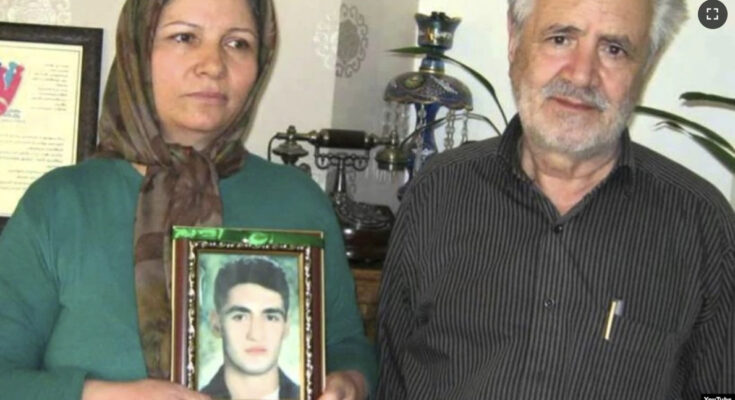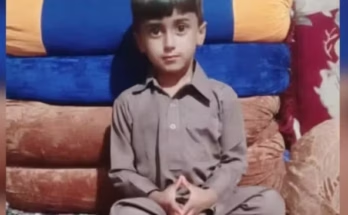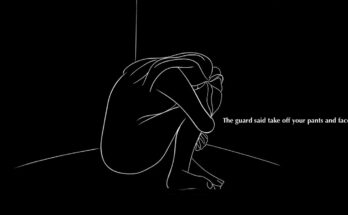Source: RadioFreeEurope/RadioLiberty (RFE/RL)
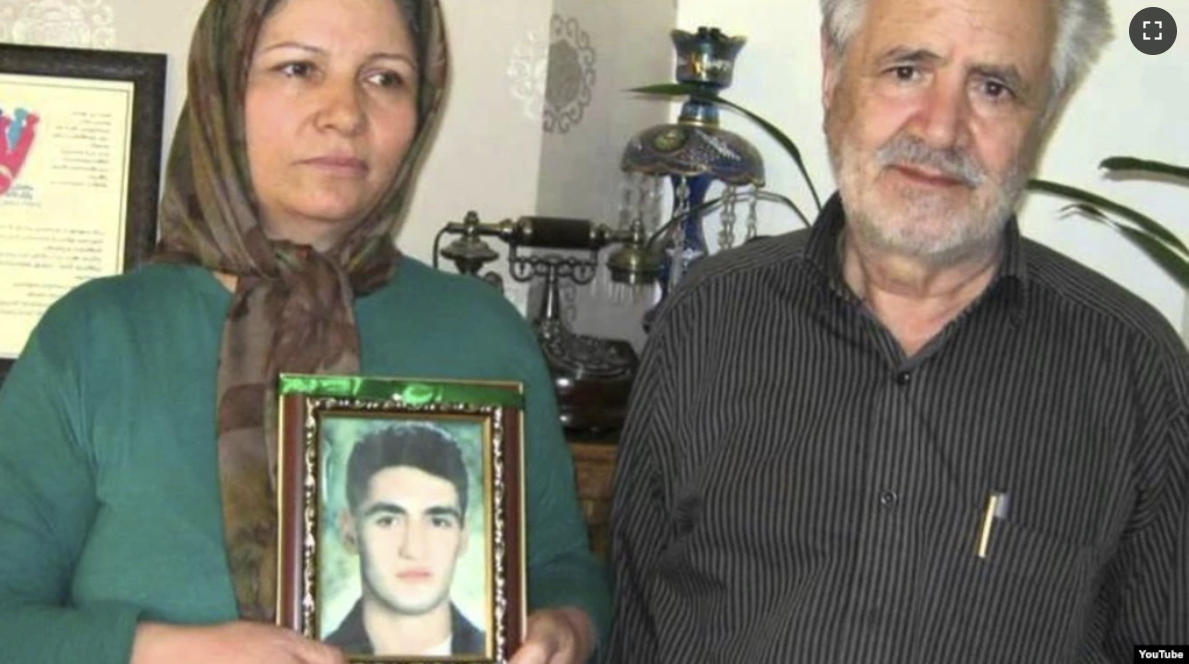
Akram Neghabi has been searching for her son for more than two decades, despite threats, state pressure, and numerous futile attempts to get information from Iranian officials.
Neghabi’s son, computer science student Saeed Zeinali, was arrested at his home in the Iranian capital in July 1999, a few days after big student protests at Tehran University that were met with force.
Three armed agents said they were taking Zeinali, 22, in for questioning,
They said he would be back soon.
When my husband was detained, we were told not to look for Saeed anymore. They said you have to end this.
Some three months later, Zeinali made a brief phone call to his family, telling them that he was in Tehran’s notorious Evin prison and urging them to follow up on his case with the authorities.
“I’m well,” he said.
That was the last time they heard from him.
Since then, Neghabi has been trying to find him and determine his fate, contacting the judiciary, prison officials, the Islamic Revolutionary Guards Corps (IRGC), the police, and even the office of Supreme Leader Ayatollah Ali Khamenei.
But no one has given her a clear answer.
“There is no organization that we have not contacted,” she said, adding that “they don’t even accept our letters anymore. They don’t want Saeed’s name to be heard.”
Despite all of her efforts, Zeinali’s whereabouts are unknown and the mother of three says she doesn’t even know if her son is dead or alive.
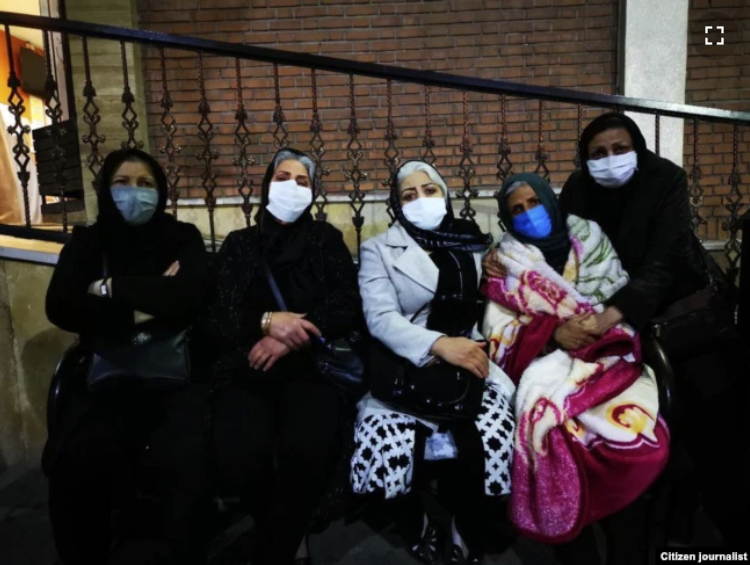
In 2016, a judiciary spokesman said that “no document” had been found proving that Zeinali was arrested, adding that he appeared to be “missing.”
“I’m a mother whose child was taken away 22 years ago. I want to know what happened to him. Is he alive? I have been left with nothing — not a sign or a grave — and I’m not sure what to do,” Neghabi said in an interview with RFE/RL’s Radio Farda.
One day, the pain of the mothers, the sound of their cries, will bring [change].
She said in past years she even spent hours outside Evin prison and other detention centers with a photo of her son.
“I would go in front of prisons holding a [big] picture photo of my Saeed, [hoping] that maybe someone had seen him,” she said. “Maybe my Saeed is an old man now. I [used to] go outside prisons with this hope, but unfortunately [state] pressure and arrests [now] prevent me from doing so.”
Neghabi and her daughter were arrested in 2010 and held in prison for two months, where they were questioned and threatened. She has said that she was told by her IRGC interrogators that her son had been “martyred.”
Her husband, Hashem Zeinali, was detained in 2015 and sentenced to nearly three months in prison and 74 lashes for “disturbing public order” after he took part in a gathering outside Evin prison in support of the jailed leader of a spiritual group.
Neghabi said her husband got mixed up with those protesters while demanding answers about his son.
“When my husband was detained, we were told not to look for Saeed anymore. They said you have to end this,” Neghabi said, adding that such pressure has failed to stop her quest.
Neghabi said she will keep demanding justice and accountability along with other mothers whose sons have become victims of Iranian state violence in recent years, including in November 2019, when at least several hundred protesters were killed in the government’s brutal crackdown on antiestablishment protests started by a sharp rise in gasoline prices.
The mothers of the missing children have gotten together in recent years to offer each other support while also raising their voices against state repression.
“One day, the pain of the mothers, the sound of their cries, will bring [change],” said Neghabi, adding that her only hope is that other mothers don’t have to mourn a child as she has.
“I pray that no more young people are killed or arrested, [beaten, or] tortured,” she said. “I hope to see that day.”

